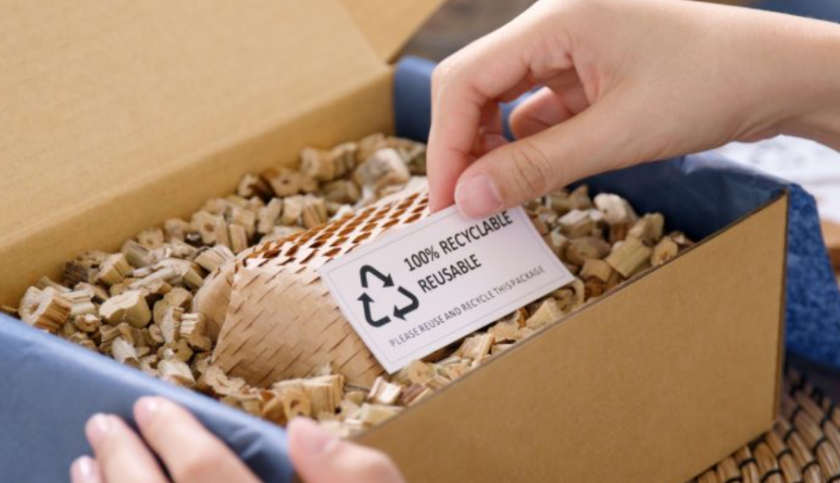
A study from the Marine Conservation Society (MCS) found that, on average, there are fewer than seven bags per 100 meters of coastline. This is a 40 percent drop from last year’s average of 11, and it’s the lowest in 10 years. Why the sudden decrease? The MCS pointed a finger to the U.K.’s plastic bag charge.
“We’ve seen a significant drop in the number, and that can only be as a result of the 5 [pence] charge, which is now in place in all the home nations,” Lauren Eyles, MCS beach watch manager, told BBC. “It vindicates the charge, which we predicted would be good news for the marine environment.”
In Wales, where the bag charge has been in place since 2011, the MCS found an average of four bags per 100 meters.
U.K. environment minister Therese Coffey said that the charge in England has been a “huge success,” and the tax raised about 29 million pounds (about $36,013,505).
“It shows small actions can make the biggest difference, but we must not be complacent, as there is always more we can all do to reduce waste and recycle what we use,” Coffey said to the BBC.
While the number of plastic bags on the coasts has declined, the number of drink containers, including plastic bottles, increased.



